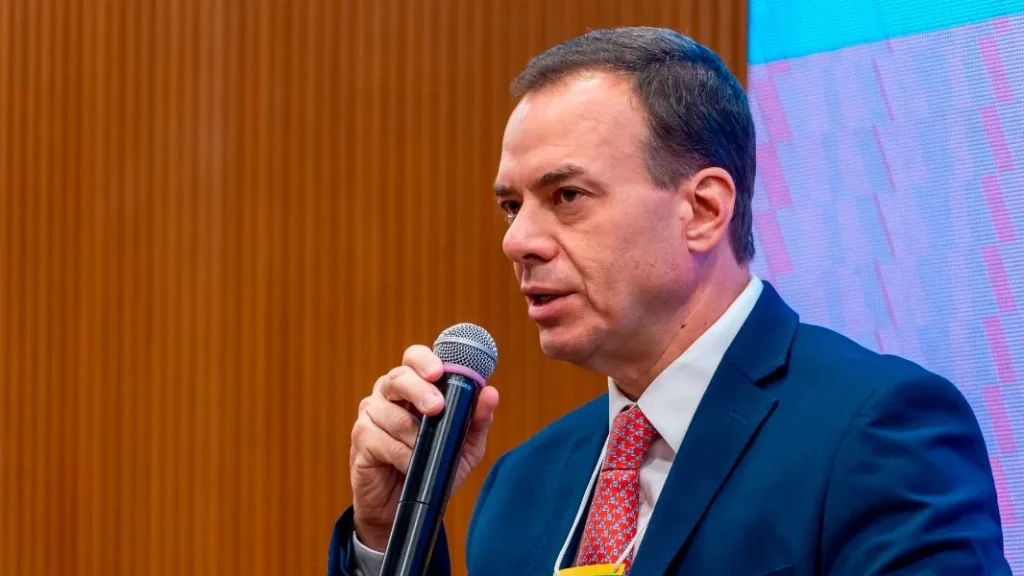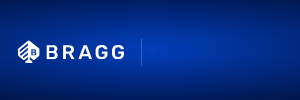The Prizes and Betting Secretariat (SPA), part of the Ministry of Treasury, decided last year to block 7,599 betting sites considered irregular.
According to the UOL portal, more than 80% of these sites still promote betting, redirecting users to other sites or applications. Despite the regulations established in the country, the problem persists.
Evolution of the situation
Several irregular bets continue to redirect to gaming platforms. On the dates of October 11th and 31st, and December 16th, 2024, 83% of sites labeled as irregular still signal online gaming.
The list of websites that should be blocked was obtained through the Access to Information Law. On December 10, SPA declared that it had removed more than 5,200 websites in cooperation with Anatel (National Telecommunications Agency).
However, the president of ANJL (National Association of Games and Lotteries), Plínio Lemos Jorge, pointed out: “We spoke with Anatel about blocking the DNS, which represents the root of the site, preventing users from finding these bets on the internet”.
Challenges of the irregular bet blocking model
According to Lemos Jorge, just blocking access to the URL is insufficient. Therefore, even with the block, directions to other betting mechanisms persist.

André Perin, professor at FEI, explained: “Blocking does not prevent a website from being redirected, but this depends on how it was implemented and the intentions of whoever is trying to circumvent the restriction.” He adds that mobile apps are more complex to block as they do not rely on public URLs.
José Francisco Manssur, lawyer and former advisor to the Ministry of Treasury, indicates that the challenge is global. “The United Kingdom, the country that has the greatest control in the world, has 20% of websites outside the regulated market.” According to Manssur, even with strict restrictions like in China, the country cannot fully control online betting.
Communications, monitoring and current regulation of bets
Some addresses that should be blocked inform Brazilian bettors about irregularities, but remain operational for those who circumvent the rules. These platforms often copy visual elements from legally recognized websites to disguise themselves as legitimate sources.
According to Anatel, effective control of blockages is the responsibility of the Ministry of Treasury. The regulator highlighted the complexity of putting an end to this illegal activity, demanding international cooperation to tackle the problem.
The rules came into force in January 2025, highlighting 155 authorized bets. Another 13 operate by court order. These bets must pay a grant of R$30 million, operate with the domain “.bet.br”, and face suspension or revocation if they violate the rules.
Legal framework challenges
Legally framing irregular websites is challenging, as experts point out, due to their existence outside Brazil. The president of ANJL suggested identifying the accounts and influencers involved: “I believe that 99% of the owners [of betting houses] are outside the country, so it is difficult to locate them”.















